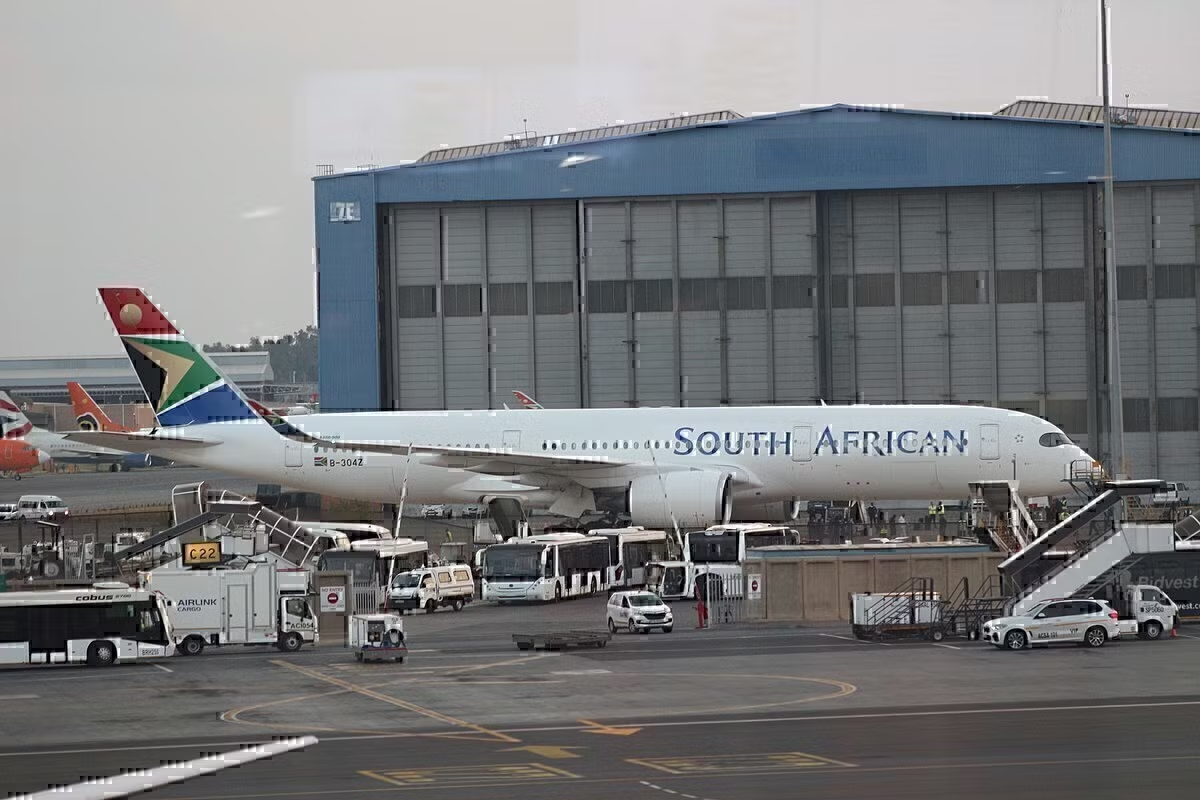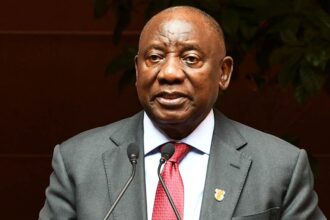A recent study by Oxford Economics Africa reveals that South African Airways (SAA) is poised to significantly boost South Africa’s economy, contributing R32.6 billion to the GDP by 2030. The report, released in Johannesburg, underscores SAA’s crucial role in enhancing tourism, international trade, and job creation.
Current Contribution and Growth Projections
In the 2023/24 financial year, SAA added R9.1 billion to South Africa’s Gross Domestic Product (GDP). By 2029/30, this figure is expected to more than triple, showcasing the airline’s pivotal role in driving economic growth. The study attributes this economic surge to SAA’s core operations, procurement spending, and the consumer spending fueled by wages paid to its employees and supply chain workers.
Oxford Economics Africa’s research further highlights that SAA will support 86,700 jobs by 2030, a substantial increase from the 25,000 jobs it supports currently. Additionally, the airline’s contribution to South Africa’s fiscal revenue, primarily through taxes, is projected to grow from R1.1 billion in 2023/24 to R4.4 billion by 2029/30.
Impact on Tourism and Trade
Tourism, a critical driver of South Africa’s economy, will also see a significant boost from SAA’s operations. The airline’s contribution to the tourism sector is expected to rise from R1.7 billion in 2023/24 to R8.9 billion in 2029/30. Trade, too, will benefit as SAA’s influence on international commerce is set to quadruple, with its trade impact growing from R300 million in 2023/24 to R1.2 billion by 2030.
SAA’s Strategic Growth Plans
SAA has made a remarkable recovery since emerging from business rescue in 2021 with just six aircraft and five routes. Today, the airline operates 16 aircraft, with plans to add seven more by 2025. The airline currently serves 16 destinations and aims to expand its network into Europe, North America, and East Asia.
Professor John Lamola, SAA’s Interim CEO, highlighted the strategic importance of the report, stating, “The Oxford Economics Report affirms that the State’s investment in SAA is yielding tangible returns. The study validates our five-year Corporate Plan and demonstrates the airline’s growing impact on the South African economy.”
Lamola also praised SAA’s dedicated staff, noting their role in contributing to the broader economic development of South Africa and the African continent.
Conclusion
SAA’s recovery and expansion mark a significant turnaround for the national carrier. With a projected economic impact of R32.6 billion by 2030, SAA is set to play a critical role in South Africa’s economic growth, job creation, and global trade connections. The airline’s strategic expansion will further solidify its position as a key player in Africa’s aviation sector.












